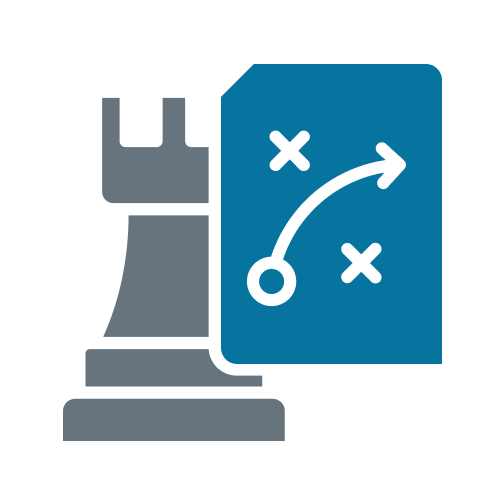Table of Contents
Thinking about getting an executive performance coach? It’s a smart move for anyone who wants to sharpen leadership skills and elevate their impact. This guide unpacks why coaching is so valuable, how to find the right coach, and the best ways to maximize the experience. We’ll cover selecting the right fit, setting goals that stick, and what you can expect to gain from the process. At the end of the day, it’s all about becoming a more effective leader and achieving the professional results that matter most.
Key Takeaways
- An executive performance coach offers personalized guidance that accelerates leadership development, enabling you to achieve results more efficiently.
- Finding a coach who matches your personality, leadership style, and goals is essential to success.
- A strong coaching relationship requires a clear agenda, a defined timeline, and an actionable plan.
- Coaches help uncover blind spots, deliver unbiased feedback, and sharpen strategic thinking.
- The return on investment often extends far beyond personal growth, positively influencing team performance and organizational outcomes.
Understanding the Value of an Executive Performance Coach

So, you’re curious about an executive performance coach? Here’s the truth: it’s more than a trend or a perk for the elite. Think of it like having a personal trainer for your professional life. Instead of working on squats or pushups, you’re refining skills like decision-making, communication, and problem-solving in high-stakes environments.
Personalized Support for Leadership Growth
Unlike generic leadership workshops, an executive performance coach tailors their strategies to you. A coach digs into your unique strengths, challenges, and ambitions. The goal isn’t to mold you into a one-size-fits-all leader; it’s to enhance your natural style while addressing areas where you can grow. You’ll explore what drives you, what holds you back, and how to lead more authentically in your role and organization.
Objective Feedback and Accountability
Here’s the thing: most leaders don’t get much honest feedback. Direct reports may hesitate to speak up, peers often soften their words, and even mentors can carry bias. A coach, on the other hand, holds up an unfiltered mirror. They highlight how your behavior impacts others, whether your communication lands as intended, and where potential blind spots may exist. And they don’t just leave it there. They help you commit to change and hold you accountable, session after session.
Tangible Improvements in Key Areas
What does this look like in practice? Leaders who work with coaches frequently report noticeable improvements in areas like:
- Stronger decision-making and prioritization
- Improved collaboration and team trust
- More transparent, more persuasive communication
- A steadier hand in the face of change and uncertainty
The result isn’t just feeling more confident, it’s seeing measurable performance shifts that ripple through your team and organization.
Significant Return on Investment
Yes, an executive performance coach comes with a price tag. But leaders who take it seriously often see the benefits far outweigh the costs. Increased team productivity, better retention, and improved morale are just a few outcomes that can translate into significant financial and cultural gains. In this sense, coaching is less of an expense and more of an investment in leadership capacity that drives long-term business success.
Finding the Right Executive Performance Coach
Deciding to pursue coaching is a bold step, but choosing the right coach is equally important. The relationship needs to be more than professional. It should feel like a genuine partnership.
Identifying a Coach Who Empowers You
Start with clarity. Are you focused on developing specific skills, such as conflict resolution, or are you looking for broader growth opportunities? Understanding your needs narrows the field. Ask potential coaches about their experience with leaders in similar industries or roles. The right coach should not only challenge you but also create an environment where you feel safe being open.
Building a Productive Partnership
Many leaders find coaches through referrals or peer recommendations. Still, it’s wise to interview several coaches before making a commitment. Pay attention to their communication style, methods, and how comfortable you feel during initial conversations. A productive coaching relationship is less about instruction and more about collaboration. Both parties should feel invested in the journey and aligned in their expectations.
Tailored Advice for Individual Needs
Great coaching is never formulaic. Ask potential coaches how they adapt their approach to different leaders. Do they use real-world scenarios? Do they encourage role-playing exercises? Do they help you reflect and then apply insights directly to your work? Tailored advice ensures the coaching feels relevant, actionable, and aligned with your everyday challenges.
The strongest coaching relationships thrive on trust, transparency, and a shared commitment to growth. It’s a two-way process, built on dialogue and openness rather than rigid direction.
Maximizing Your Executive Performance Coach Engagement

Once you’ve chosen your coach, the real work begins. Like any development effort, the results depend on the amount of energy and focus you bring to the process.
Defining a Clear and Actionable Agenda
Don’t just say, “I want to be a better leader.” Define what “better” means for you. Perhaps you want to strengthen your delegation skills, handle conflict with greater ease, or refine your long-term strategic planning. Narrow your focus to 2–3 key areas. A targeted agenda helps both you and your coach stay on track, ensuring that every session moves you closer to tangible results.
Establishing a Specific Timeline for Goals
Deadlines drive action. Without them, goals risk drifting into wishful thinking. Set clear timelines with your coach. When should you see progress, and what milestones will you measure along the way? These checkpoints create momentum and allow you to celebrate wins, even small ones, which reinforces motivation.
Developing an Executable Action Plan
An agenda and timeline are only as good as the plan behind them. Your coach will help you break larger goals into smaller, manageable steps. This might include:
- Practicing feedback techniques with your direct reports
- Delegating tasks in a way that empowers, not micromanages
- Scheduling reflection time before major decisions
A detailed action plan bridges the gap between discussion and implementation, ensuring that lessons from coaching are incorporated into your daily leadership practice.
Key Benefits of an Executive Performance Coach
The advantages of coaching go beyond learning new strategies. It’s about transformation, both in how you see yourself and how you lead others.
Achieve Goals More Efficiently
A coach keeps you focused on what matters most, helping you cut through distractions and move toward your objectives with greater speed and clarity.
Gain Unbiased Feedback and Insights
With no hidden agenda, a coach offers a rare gift, honest, constructive input that helps you see how others experience your leadership.
Identify and Address Blind Spots
Everyone has them. A coach helps surface those unseen weaknesses and works with you to shift habits that may be holding you back.
Enhance Strategic Thinking and Decision-Making
By carving out time for reflection, coaching helps you step back from daily firefighting and focus on the bigger picture, enabling more thoughtful and deliberate choices.
The Role of the Executive Performance Coach in Development
Unearthing Self-Motivation and Purpose
At its core, coaching helps you understand what drives you. By exploring your values and purpose, you can align your leadership style with both personal and organizational missions. This alignment creates authentic motivation that fuels lasting growth.
Building Leadership Confidence and Discipline
Leadership confidence isn’t just about charisma; it’s about consistency. Coaching provides a safe environment in which to test new behaviors, receive feedback, and practice until they become a habit. This builds the confidence and discipline that inspire trust across your organization.
Gaining Support for Complex Challenges
From navigating restructuring to managing difficult personalities, leadership comes with its share of curveballs. A coach helps break down these challenges into actionable strategies, offering perspective that’s often hard to find within your immediate circle.
Achieving Greater Success Through Coaching

Making Smarter, More Informed Decisions
Coaching creates space to slow down, weigh options, and think strategically. It’s a way to pressure-test ideas with someone solely focused on your success.
Elevating Work Culture and Performance
As leaders evolve, their teams benefit too. Improved communication, empathy, and clarity often ripple outward, creating healthier workplace cultures and stronger performance.
Expanding Perspective for Business Growth
Coaches broaden your lens. By helping you explore new ideas and challenge assumptions, they expand your ability to spot opportunities, mitigate risks, and prepare for future growth.
Wrapping It Up
Executive performance coaching isn’t a buzzword or a luxury; it’s a practical, results-driven way to accelerate your leadership journey. By choosing the right coach, setting a clear agenda, and committing to action, you gain honest feedback, accountability, and new tools to lead more effectively.
Whether you’re stepping into a new role, preparing for greater responsibility, or simply striving to refine your approach, coaching provides a structure to grow faster and with more confidence. It’s like having a personal trainer for leadership, tailored, challenging, and ultimately transformative.
For leaders serious about making an impact, investing in an executive performance coach isn’t just a smart choice. It’s a strategic one.










